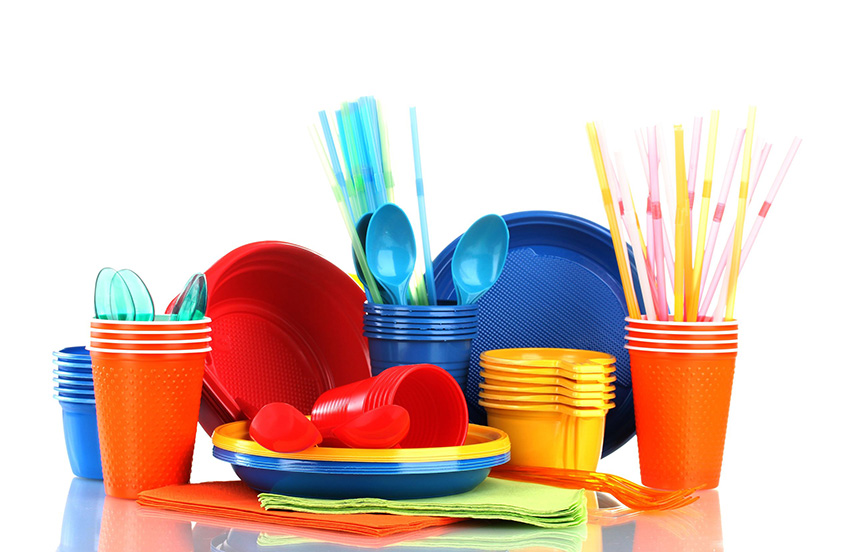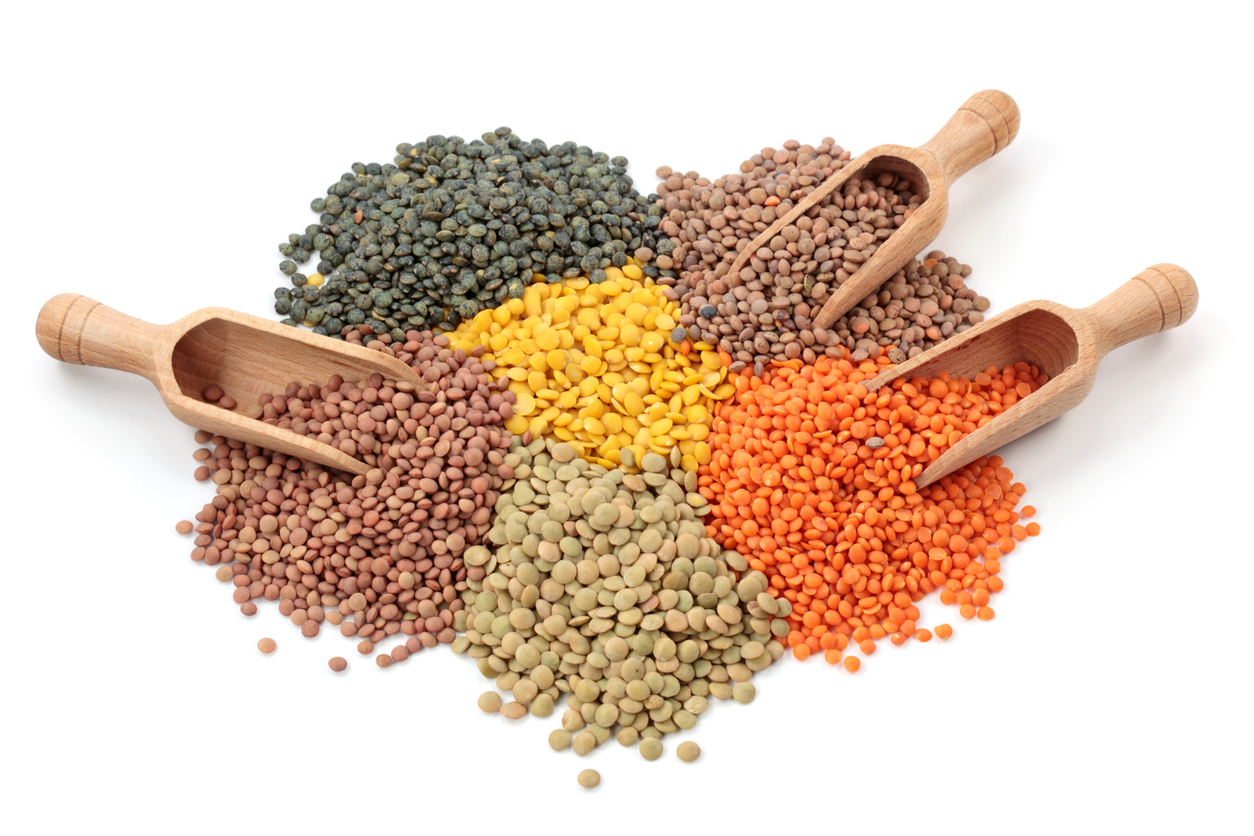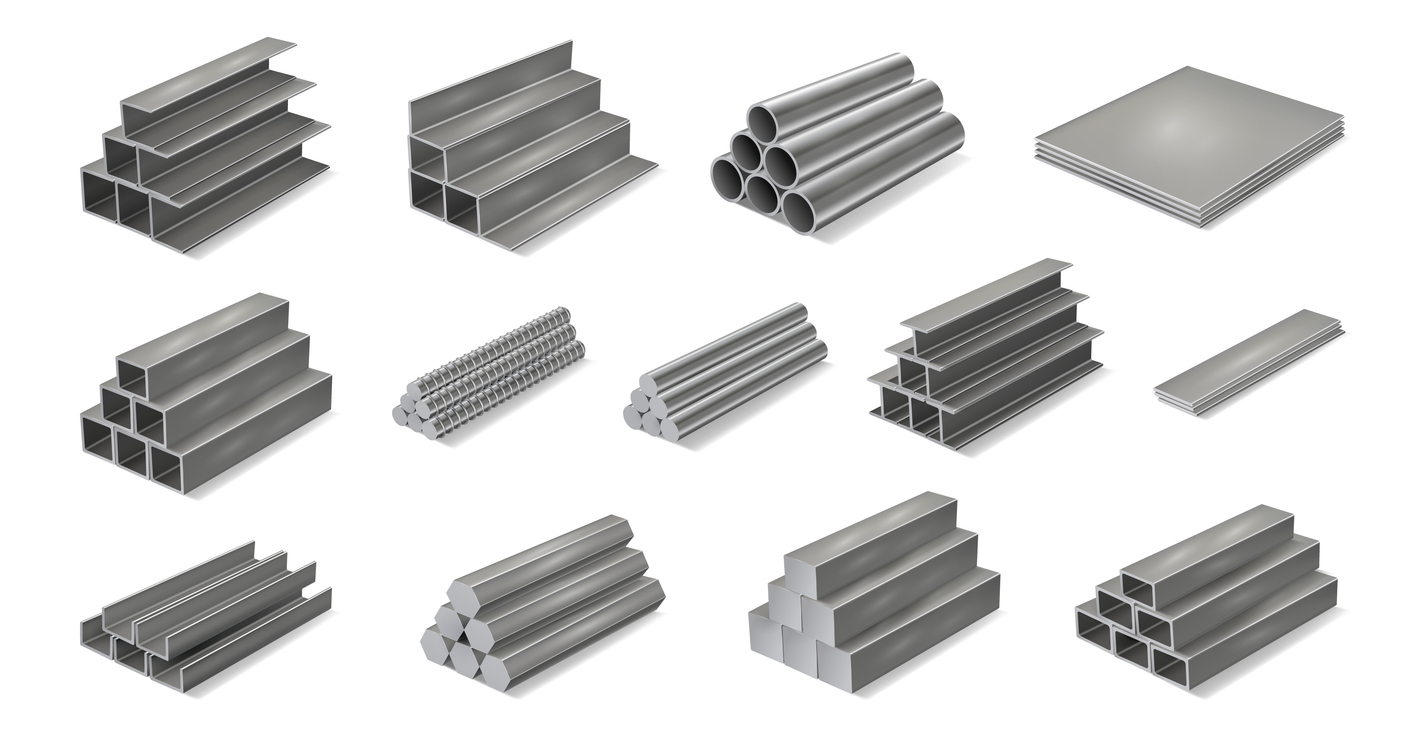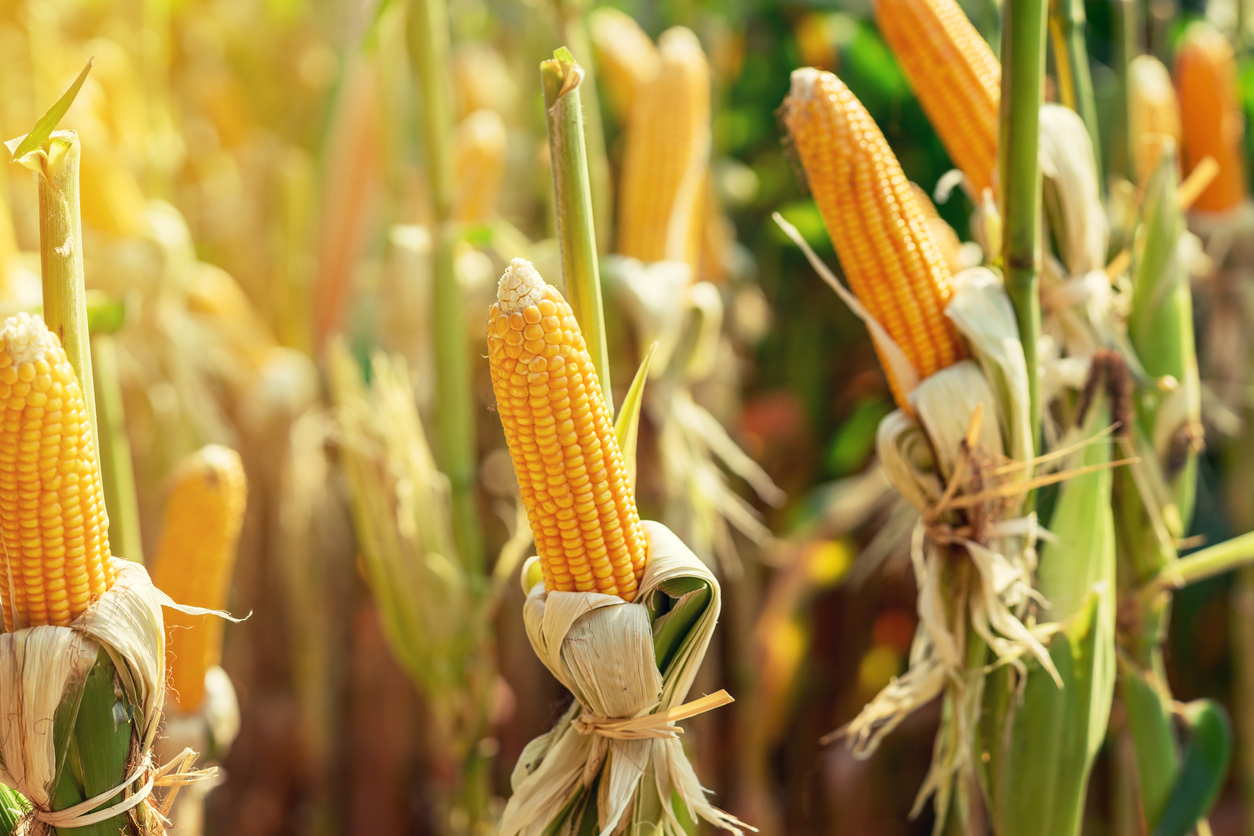How to Buy and Export Plastic Housewares from Kenya
There are many reasons why you might want to export housewares from Kenya. Maybe you operate a successful home accessories business in the country and want to expand your market reach beyond it. Or perhaps you find that there is a high demand for plastic housewares in other countries while they have little demand for them in your home country. Whatever your reasons, if you want to export plastic housewares from Kenya, there are several things you need to know. If you’re reading this article, it means that you’re thinking of exporting plastic housewares from Kenya. Perhaps, like so many entrepreneurs before you, you think there is an opportunity to sell them at a higher price abroad than they’d sell for locally. The good news is that exporting plastics from Kenya is much easier than some people may think – as long as you have the right information, of course.
How to Find the Right Export Partner
If you want to export plastic housewares from Kenya, you need to find the right export partner. If you’re thinking of exporting plastic tableware, plates, bowls, cups, and knives, you’ll want to find a packaging company that specializes in plastics. You can then work with them to create packaging that protects the items during shipping, which will help your business achieve an excellent reputation. In order to find the right export partner, you should do some research to evaluate their strengths and weaknesses. You’ll want to make sure that the company has a proven track record and has the necessary experience. You should also make sure that the company is able to meet all of your export needs.
Calculate Your Export Costs
Before you export plastic housewares from Kenya, you should calculate your export costs. In order to do this, you’ll need to create a Bill of Lading (BOL). This is essentially a record of all of the products you’re shipping, their weight, and the amount you paid for them. You should also make sure that you’re using the right containers to transport your products. You can select a shipping container that is most suitable for your products.
Exporting Regulations for Kenya
If you’re thinking of exporting plastic housewares from Kenya, you should know that there are certain regulations you’ll need to follow. Before you export plastic housewares from Kenya, you should check with the Kenyan government to make sure you’re in compliance with all regulations. You’ll need to know the following information before you export plastic housewares from Kenya: – Product description: What type of products are you exporting? – Product origin: Where does your product come from? – Product quantity: How many products are you exporting? – Packaging: How are you shipping your products? – Shipping terms: What are the time frames of the shipping process? – Shipment details: To where are you shipping your products? – Bill of lading: What is the B/L number of your product?
Warehousing and Storage in Kenya
After you’ve exported plastic housewares from Kenya, you’ll need to find a good place to store them. As soon as you receive your products, you should transfer them to a controlled storage facility. Containers are susceptible to theft when left in open areas; therefore, you should store them in a secure location. There are many factors to consider when deciding where to warehouse your products. You’ll want to find a place that is both convenient and cost-effective. You should also make sure that it is secure and well-equipped to handle your products.
Determining Your Export Strategy
Before you export plastic housewares from Kenya, you should determine your export strategy. This will help you to set realistic expectations for exporting and will also help you to decide where to export your products. While you may be able to export plastic tableware to any country, some may be more profitable than others. You should also remember that you’ll need to account for shipping costs, so you may want to focus on nearby countries.
Conclusion
If you’ve read this article, you’re probably aware that exporting plastic housewares from Kenya is not as complicated as many people think. You’ll simply need to find the right export partner, calculate your costs, comply with regulations, and determine your export strategy. You can then export plastic housewares from Kenya and achieve great success.








LEAVE A COMMENT
You must be logged in to post a comment.